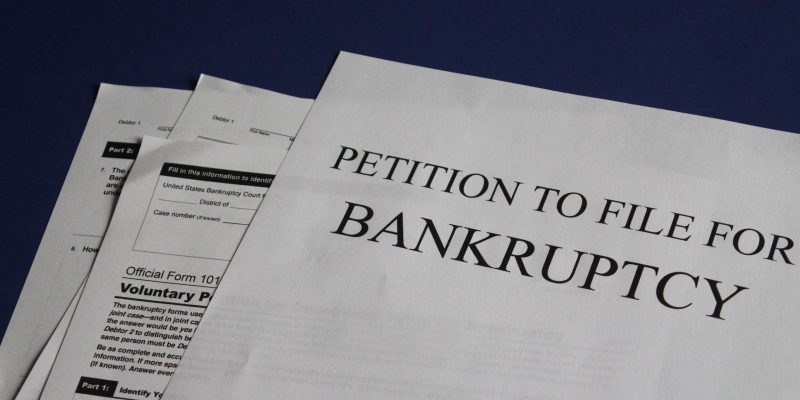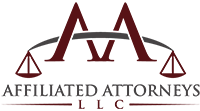No one files for bankruptcy because they want to. Many different financial situations can lead to bankruptcy, including:

Legal Recourse To Ditch the Debt Collectors
When large debts have been adding up for an extended period of time and the possibility of paying them off becomes unlikely, sometimes declaring bankruptcy is the best option to “start over” financially. Call us for a free, no obligation consultation to discuss your options!
Types Of Personal Bankruptcy
Contrary to popular belief, declaring bankruptcy doesn’t necessarily mean that debts are discarded completely. There are several different types of bankruptcies that one can file, with each having different guidelines for the consolidation or elimination of debt. Each chapter of bankruptcy has its pros and cons, making it vital to speak with an attorney to discuss the best option to protect your assets if you find yourself considering bankruptcy.
- Chapter 7: Also called “straight bankruptcy” or “liquidation bankruptcy”. In Chapter 7 bankruptcy, the Court places a temporary stay on current debts to prevent creditors from collecting payments, garnishing wages, or repossessing property. The Court then takes legal possession of the debts, and appoints a bankruptcy trustee in the case, who is charged with administering the debtor’s assets, selling any property mandated by the bankruptcy, and distributing the proceeds of these sales to creditors. Then, at the end of this process, the Court will discharge any remaining debts. It is worth noting, however, that some types of debts, including child support, alimony, tax debts, and most student loans, usually aren’t dischargeable.
- Chapter 11: Commonly referred to as “reorganization bankruptcy”, this chapter generally provides for the restructuring of a debtor’s business. After filing, the debtor typically remains in possession of their business, but operates it as a trustee. The debtor then proposes a reorganization plan to the court that enables the repayment of the business’s debts.
- Chapter 12: Designed to allow family farmers or family fishermen with regular income to set forth a repayment plan on all or part of their debts. The repayment typically must occur over a period of 3 years unless the court should approve a repayment period of up to 5 years “for cause”. Chapter 12 was developed to be less complicated and less costly than Chapters 11 and 13 bankruptcy, because it considers that family farmers and fishermen likely have larger debts than other wage-earners.
- Chapter 13: Also called a “wage-earner’s plan”; enables individuals with a regular income to propose a repayment plan that allows them to make installment payments to creditors over the span of 3 to 5 years. This provision has several benefits. During the period of the repayment plan, creditors are forbidden by law to start or continue collection processes. Additionally, Chapter 13 protects third-parties who are liable with the debtor, and thus may protect co-signers from creditors seeking collections on behalf of the primary borrower. Finally, Chapter 13 bankruptcy also enables debtors to stop foreclosure proceedings if they make all mortgage payments due during the 3-5 year repayment period on time.
The Role of Attorneys In Bankruptcy
Although people looking to declare bankruptcy have the right to file pro se, or represent themselves, doing so can lead to costly errors that are difficult to reverse. Given that each chapter has its own legal processes and regulations, filing personal bankruptcy is complicated. Furthermore, although you are required to file all documents concerning your bankruptcy with the Court, Court employees and judges are forbidden by law from advising on or correcting any errors they may find in your documents. It is the role of an attorney to ascertain that these documents are completed and filed correctly, therefore safeguarding your rights throughout the process.
A bankruptcy attorney works to guide you through the process from beginning to end. In addition to completing and filing documents, your attorney can advise you on matters such as:
Considering bankruptcy may seem like acknowledging financial irresponsibility, but it can also signify a fresh start and a healthier mindset towards finances. While disclosing failing financial health can be daunting, bankruptcy attorneys serve to guide you, not judge. Seeking qualified counsel provides peace of mind that the complicated and diverse legal processes of bankruptcy are done correctly, so that you can stop worrying about the bills and start enjoying life again.
